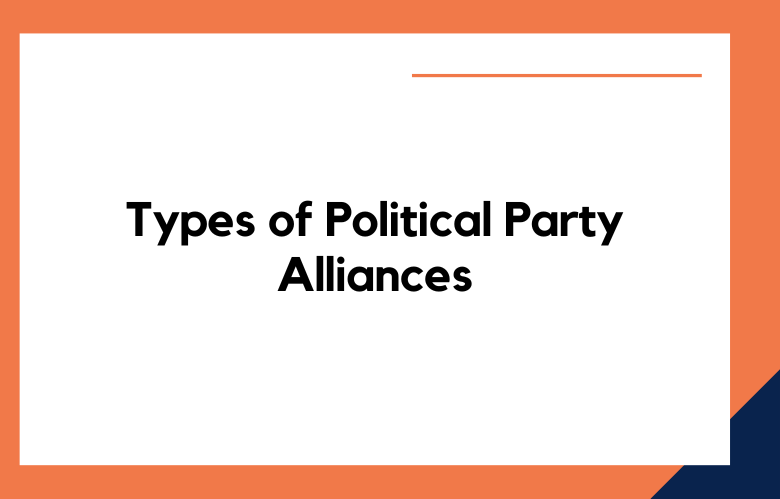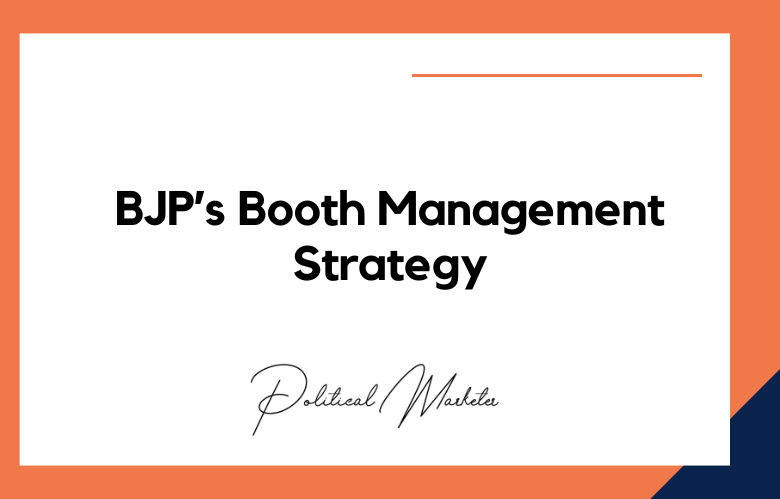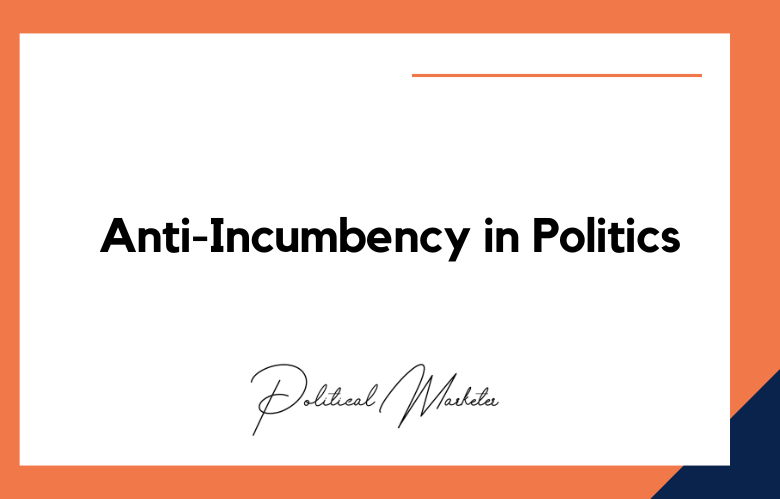Political party alliances are strategic partnerships between two or more parties to achieve common goals, advance shared interests, or increase electoral success.
What are Political Party Alliances?
-
Coalition governments: A group of political parties that join together to form a government, often because no single party has a clear majority.
-
Pre-election pacts: Agreements between parties to cooperate during an election campaign, such as by not running candidates against each other in specific constituencies.
-
Legislative alliances: Agreements between parties to cooperate on specific legislative proposals or issues.
-
International alliances: Agreements between political parties in different countries to work together on shared goals or values.
-
Electoral alliances: Agreements between parties to pool resources and support each other during an election campaign.
These alliances play a crucial role in shaping political landscapes, influencing policy outcomes, and determining the composition of governments. Here are some key types of political party alliances:
Types of Political Party Alliances: How Parties Form and Maintain Strategic Partnerships
Pre-Electoral Alliances
Pre-electoral alliances are formed before elections to maximize electoral success by pooling resources, coordinating campaign strategies, and presenting a united front to voters. Parties may join forces based on shared ideologies, electoral calculations, or strategic considerations, such as maximizing vote share or preventing the victory of a common adversary.
Post-Electoral Coalitions
Post-electoral coalitions are formed after elections when no single party secures a majority of seats in the legislature or government. Parties negotiate alliances and agreements to form governing coalitions, often based on policy agreements, ministerial portfolios, and power-sharing arrangements. These coalitions enable parties to manage effectively and advance their policy agendas by leveraging the support of coalition partners.
Ideological Alliances
Ideological alliances are formed between parties with similar political ideologies or policy preferences. These alliances prioritize ideological alignment and policy coherence, allowing parties to collaborate on common goals and initiatives. Ideological alliances may include parties from across the political spectrum, such as center-left or center-right alliances.
Strategic Alliances
Strategic alliances are formed based on strategic considerations, such as electoral calculations, power dynamics, or regional interests. Parties may form alliances to consolidate their electoral support, expand their geographic reach, or counterbalance the influence of rival parties. Strategic partnerships are often motivated by pragmatic considerations rather than ideological affinity.
Minority Alliances
Minority alliances are formed when a single party forms a government with the support of one or more smaller parties without holding a majority of legislative seats. These alliances require parties to negotiate agreements and compromises to secure parliamentary support for their policy agenda. Minority alliances may be more susceptible to instability and rely on ad hoc alliances to pass legislation.
Issue-Based Alliances
Issue-based alliances are formed to address specific policy issues or challenges, such as climate change, healthcare reform, or national security. Parties from the political spectrum may collaborate on a particular problem, setting aside ideological differences to pursue a common goal. Issue-based alliances may temporarily dissolve once the issue is resolved or a consensus is reached.
By understanding the diverse types of political party alliances, we gain insight into the complexities of coalition politics, negotiation dynamics, and the challenges and opportunities inherent in collaborative governance. Through strategic partnerships and alliances, parties can leverage their collective strength to achieve common goals, shape the direction of governance, and advance the interests of their constituents.
The Art of Political Party Alliances: Strategies for Success
Political party alliances can play a crucial role in shaping the outcomes of elections and policymaking. Here are some strategies that parties can use to form successful partnerships:
Identify Common Goals
Parties should identify common goals and priorities that can serve as the foundation for an alliance. This could include shared policy objectives, such as healthcare reform, environmental protection, or a desire to defeat a familiar opponent.
Build Trust
Building Trust between parties is essential for successful alliances. This can be achieved through open and transparent communication, regular meetings and consultations, and a shared commitment to the alliance’s goals.
Compromise and Negotiate
Compromise and negotiation are essential for successful alliances. Parties should be willing to negotiate their positions and priorities while recognizing the importance of maintaining their core values and principles.
Respect Autonomy
Respecting the autonomy of each party is critical for successful alliances. Parties should avoid imposing their views or strategies on each other and should instead work together to find mutually beneficial solutions.
Forming Political Alliances: A Guide for Parties
Political parties often form alliances to advance their interests and achieve common goals. These alliances can range from informal agreements to formal coalitions and can play a significant role in shaping the political landscape. Here’s a guide for parties seeking to form successful political alliances:
Identify Shared Interests
The first step in forming a political alliance is identifying potential partners’ shared interests and goals. This requires careful analysis of the political landscape and the different parties’ priorities.
Communicate Openly
Open and transparent communication is essential for building Trust and understanding between potential alliance partners. Parties should be willing to share information, listen to each other’s concerns, and work together to find common ground.
Negotiate Fairly
Political alliances often involve some form of negotiation, whether it’s about policy priorities, candidate selection, or resource allocation. Parties need to negotiate pretty, focusing on reaching mutually beneficial outcomes.
Establish Clear Expectations
To ensure the success of a political alliance, it’s essential to establish clear expectations and guidelines for collaboration. This can include defining roles and responsibilities, setting timelines, and identifying benchmarks for success.
Strength in Numbers: The Power of Political Party Alliances
“Strength in Numbers: The Power of Political Party Alliances” explores the formidable influence of strategic partnerships and alliances forged among political parties. This discourse delves into these alliances’ profound impact on political landscapes, governance structures, and policy outcomes.
At the heart of this exploration lies the recognition that political party alliances serve as potent instruments for amplifying influence, consolidating power, and navigating the complexities of democratic governance. Parties leverage their collective strengths, resources, and support bases by joining forces to achieve shared objectives and advance mutual interests.
In electoral politics, alliances enable parties to maximize their electoral prospects by pooling resources, coordinating campaign strategies, and presenting a unified front to voters. Pre-electoral alliances allow parties to broaden their appeal, expand their electoral reach, and increase their chances of success. At the same time, post-electoral coalitions provide the necessary support and stability for governing effectively and implementing policy agendas.
Inside the World of Political Party Partnerships
“Inside the World of Political Party Partnerships” offers an immersive journey into the intricate dynamics and strategic maneuvers that characterize the realm of political party alliances. In this exploration, we delve into the inner workings of these partnerships, shedding light on the motivations, negotiations, and implications that underpin their formation and evolution.
Political party partnerships, whether forged through pre-electoral alliances or post-electoral coalitions, are essential instruments for navigating the complex terrain of democratic governance. These alliances enable parties to pool their resources, leverage their strengths, and amplify their influence to achieve common goals and secure political power.
Building Bridges: How Parties Form Strategic Alliances
“Building Bridges: How Parties Form Strategic Alliances” explores the art and science of forging strategic partnerships among political entities. In this journey, we delve into the multifaceted processes, motivations, and implications that underlie the formation of political alliances, illuminating the intricate dynamics at play in coalition building.
At its core, building bridges between parties transcends mere collaboration; it embodies a strategic calculus aimed at maximizing political influence, advancing shared agendas, and navigating the complexities of governance. Through strategic alliances, parties seek to harness collective strengths, mitigate vulnerabilities, and chart a course toward achieving common objectives.
Realm of Political Alliance Formation
Shared Objectives
Strategic alliances are often forged around shared objectives or common interests that bind parties together. Whether driven by ideological alignment, electoral calculus, or policy imperatives, parties come together with a vision for achieving tangible outcomes that serve their constituents’ interests.
Negotiation and Bargaining
Strategic alliances involve intricate negotiation and bargaining among parties, where interests converge and diverge, and compromises are sought. Negotiation dynamics include discussions on power-sharing arrangements, policy priorities, and mutual commitments, with each party seeking to safeguard its core interests while maximizing gains from the alliance.
Trust and Relationship Building
Trust and relationship-building are essential to successful alliance formation. Parties invest time and effort in cultivating mutual Trust, fostering open communication channels, and nurturing personal relationships among key stakeholders. Trust is the foundation upon which alliances are built, enabling parties to navigate challenges and conflicts confidently.
Coalition Agreements
Formal coalition agreements or memoranda of understanding outline the terms and conditions of the alliance, including shared policy goals, distribution of ministerial positions, and mechanisms for decision-making and dispute resolution. These agreements provide clarity and structure to the coalition, defining the roles and responsibilities of each party and establishing a framework for cooperation.
Flexibility and Adaptability
Political alliances require flexibility and adaptability to navigate changing political landscapes, unforeseen challenges, and shifting priorities. Parties must remain agile and responsive, adjusting their strategies and tactics as circumstances evolve to ensure the resilience and sustainability of the alliance.
The Role of Trust in Political Alliances – Give Me an Intro
In the intricate realm of politics, Trust is a cornerstone upon which alliances are built, sustained, and strengthened. The role of Trust in political alliances is fundamental, shaping the dynamics of cooperation, collaboration, and consensus-building among parties.
As parties come together to form alliances, whether in electoral pacts, governing coalitions, or issue-based partnerships, Trust serves as the glue that binds them together, fostering mutual understanding, respect, and reliability.
Understanding the pivotal role of Trust in political alliances offers valuable insights into the dynamics of coalition politics, the challenges of governance, and the prospects for building enduring partnerships in the pursuit of common goals.
Conclusion
Political party alliances are essential for navigating the complexities of electoral politics, governance, and policy-making in democratic societies. By forming strategic partnerships, parties can maximize their electoral success, govern effectively, foster cooperation, and uphold democratic principles.
Ultimately, the types of political party alliances reflect the dynamic and evolving nature of political competition, highlighting the importance of collaboration, compromise, and strategic thinking in pursuing common goals and advancing democratic values.
Call: +91 9848321284
Email: [email protected]
Frequently Asked Questions (FAQs)
What is a political party alliance?
A political party alliance is a formal or informal agreement between two or more political parties to collaborate for elections, governance, or shared policy goals.
Why do political parties form alliances?
Parties form alliances to consolidate voter bases, increase electoral strength, defeat common rivals, or form ruling coalitions in legislatures.
What are pre-poll alliances?
Pre-poll alliances are formed before an election, where parties agree on seat sharing, joint campaigning, and coordinated manifestos.
What are post-poll alliances?
Post-poll alliances are formed after election results to collectively achieve a majority in parliament or assembly to form a government.
How are seat-sharing arrangements decided in alliances?
Seat sharing is typically based on party strength, vote share in previous elections, regional influence, and mutual negotiation.
What are the benefits of political party alliances?
They enhance electoral prospects, reduce vote splitting, broaden regional reach, and increase negotiating power in policymaking.
What are the risks or downsides of party alliances?
Risks include ideological conflicts, internal power struggles, voter confusion, and unstable governance if disagreements arise.
Can parties with different ideologies form alliances?
Yes, strategic alliances often override ideological differences to achieve electoral or legislative goals, especially in coalition politics.
How do alliances affect voter behavior?
Alliances can influence voter perceptions, create new voting blocs, and either consolidate or alienate specific demographic groups.
Are political alliances common in multi-party democracies?
Yes, alliances are a hallmark of multi-party systems where no single party usually gains an outright majority.
What is a coalition government?
A coalition government is formed when multiple parties join forces post-election to hold a parliamentary majority and govern together.
How do party alliances influence policymaking?
Allied parties negotiate policy priorities, which are reflected in common minimum programs or governance frameworks.
What is a united opposition alliance?
It refers to multiple opposition parties forming a coalition to collectively challenge the ruling party in elections or parliamentary action.
Do alliances remain intact after elections?
Not always. Alliances may dissolve due to policy disagreements, leadership conflicts, or shifting political interests.
How are alliance leaders or prime ministerial candidates chosen?
Leadership is often decided based on party size, seniority, public appeal, or negotiated consensus among alliance partners.
Can international political alliances influence domestic ones?
Yes, global ideological movements, diaspora influence, or transnational party affiliations can impact domestic alliance strategies.
How do regional parties fit into national alliances?
Regional parties often play a pivotal role by bringing localized support and negotiating for greater autonomy or state-specific policies.
What is a tactical alliance?
A tactical alliance is a short-term partnership focused on a specific goal—like defeating a rival in a constituency or passing a bill.
Are political party alliances legally binding?
Generally, alliances are not legally enforceable contracts; they are political agreements, though often documented through MoUs.
How do alliances impact election campaign strategies?
Alliances require coordinated messaging, shared resources, joint rallies, and unified manifestos to present a cohesive front to voters.











